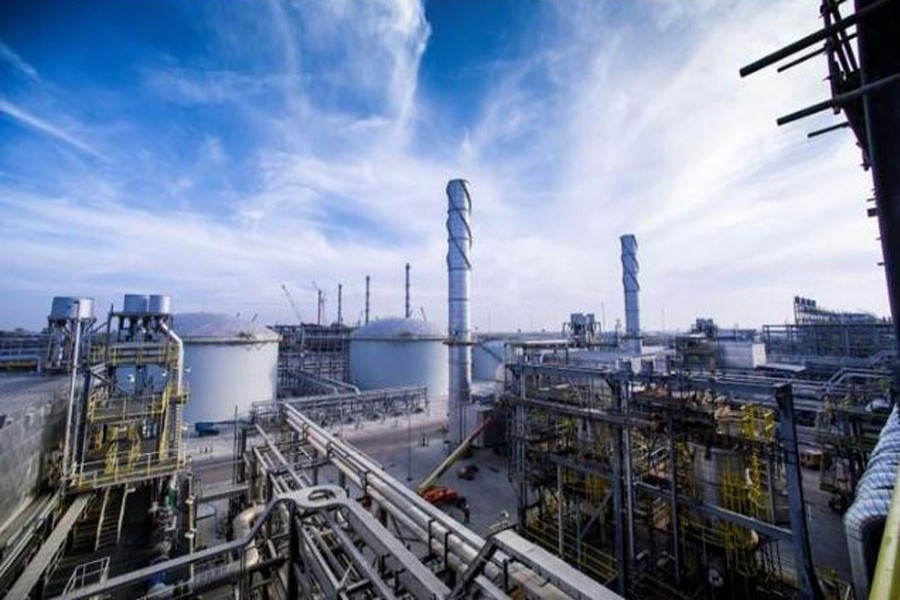LONDON, Sept 28 (Reuters): Oil prices rose on Thursday, spurred by rising tension around northern Iraq following the autonomous Kurdistan region's vote in favor of independence in a referendum.
Brent crude oil LCOc1 was up 60 cents at $58.50 a barrel by 0945 GMT. It hit a more than two-year high of $59.49 on Tuesday after Monday's referendum vote prompted Turkey to threaten to close the region's oil pipeline.
US light crude CLc1 was 60 cents higher at $52.74 after reaching a five-month intra-day high of $52.86 a barrel.
"Kurdistan and Northern Iraq now export 500,000-550,000 barrels per day (bpd). That would be a big loss to the market," said Tamas Varga, analyst at London brokerage PVM Oil Associates.
Iraqi Kurdistan voted overwhelmingly on Monday in favor of independence, prompting Turkish President Tayyip Erdogan to say he could use military force to prevent the formation of an independent Kurdish state and might close the oil "tap".
Turkey promised on Thursday to deal only with the Iraqi government on crude oil exports, "restricting oil export" operations to Baghdad, the office of Iraqi Prime Minister Haider al-Abadi said.
US crude prices found some strength from a surprise fall in US stocks.
US crude inventories USOILC=ECI fell 1.8 million barrels last week, the US Energy Department said, versus forecasts for a 3.4 million-barrel build.
US refiners are still returning to full operations after Hurricane Harvey last month, but gasoline stocks surprisingly rose and stocks of distillates fell less than anticipated.
Another report from Dubai adds: Saudi Arabia's plans to float state oil titan Aramco are prompting the country to think the unthinkable.
Late last year, Saudi Arabia tried to get fellow oil producers around the world to agree to reduce production. Before an OPEC meeting in Vienna in November, Saudi officials were armed with an unprecedented bargaining chip: if there was no deal, the kingdom would quit the exporter group altogether.
The strategy was approved at the highest level of the Saudi government, said sources familiar with the matter.
It was not only aimed at ensuring the smooth workings of the world's energy supply. It was also driven by a desire to push up oil prices to maximise the valuation of Saudi Aramco ahead of the listing, said the sources who declined to be named as the information is confidential.

- Saturday, 23 November 2024 |
- Today's FE |
- e-Paper |
- Beta Website

